The Faculty of Sport and Exercise Medicine has updated its position statement Physical Activity in Adolescence. The statement is a useful reference document for both the Sport and Exercise Medicine community and all health professionals, with evidence-informed recommendations for health-related physical activity.

The statement highlights recent objective studies, which have collected data using accelerometry, indicate that less than 25% of adolescents accumulate an average of 60 min per day of moderate physical activity. The guidelines include information on muscle strength, skeletal health, obesity, mental health and wellbeing with recommendations for the type and length of regular physical activity in this population.…
Read more of this article



 Guest blog by David Albury, Board Director Innovation Unit
Guest blog by David Albury, Board Director Innovation Unit
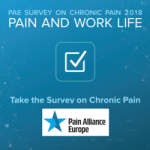
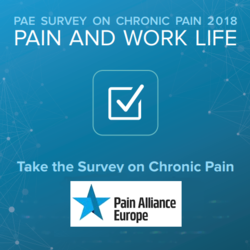 Pain Alliance Europe are asking for responses to the 2018 edition of the Survey on Chronic Pain, which highlights how pain can affect the work-life of pain patients.
Pain Alliance Europe are asking for responses to the 2018 edition of the Survey on Chronic Pain, which highlights how pain can affect the work-life of pain patients.



 Accredited pharmacists in England, Wales and Northern Ireland can offer an enhanced patient service called a Medicines Use Review (MUR). This structured review is free to patients, and is designed primarily to help them manage their medicines more effectively. Little is known about how often this service is used for people living with pain. We know little about pharmacists’ and pain patients’ views of what happens in pain-related MURs, or why they don’t engage, and what they would like to happen.…
Accredited pharmacists in England, Wales and Northern Ireland can offer an enhanced patient service called a Medicines Use Review (MUR). This structured review is free to patients, and is designed primarily to help them manage their medicines more effectively. Little is known about how often this service is used for people living with pain. We know little about pharmacists’ and pain patients’ views of what happens in pain-related MURs, or why they don’t engage, and what they would like to happen.… 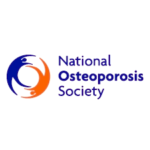
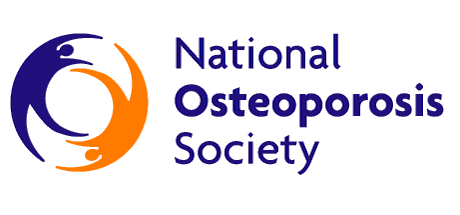 The National Osteoporosis Society is pleased to announce that it will shortly be launching a new Research Strategy and grants funding round. The upcoming launch reiterates the continued and central importance that research has within the Charity.
The National Osteoporosis Society is pleased to announce that it will shortly be launching a new Research Strategy and grants funding round. The upcoming launch reiterates the continued and central importance that research has within the Charity.
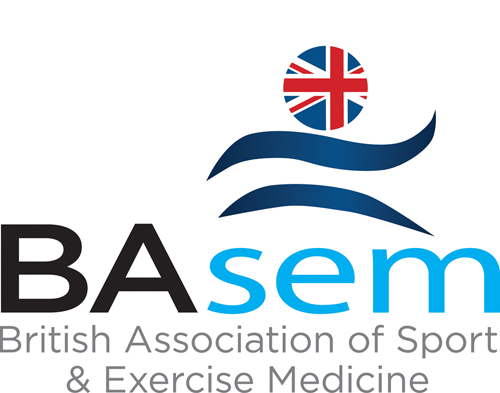 BASEM is excited to launch its new partnership with OrthoEvidence (OE).
BASEM is excited to launch its new partnership with OrthoEvidence (OE).